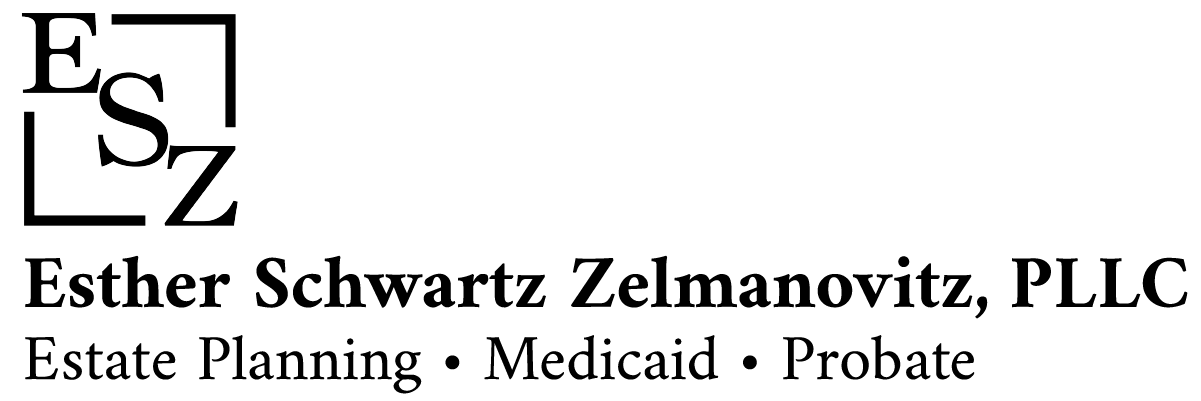A common misconception is that a last will and testament avoids the probate process altogether. This is not the case. The reality is that a will must go through probate after someone’s passing for any assets remaining in their name, without a joint owner or beneficiary designation. However, having a properly drafted will in place makes the probate process significantly easier and more efficient for your loved ones. With a valid will, you control how your estate is distributed according to your wishes instead of state intestacy laws. You can name an executor to oversee the process, designate guardians for minor children, specify transfers of particular assets, and more. While a will does not avoid probate, it provides crucial instructions and legal powers that streamline things for your heirs and beneficiaries.
What is Probate?
Probate is the legal process that takes place after someone dies. It includes validating the deceased person’s will, identifying and appraising their assets, paying off any debts and taxes, and distributing the remaining assets to the rightful heirs or beneficiaries. The probate court oversees this process.
Even with a valid will in place, probate is generally still required. The key difference is that with a well-drafted will, the probate process tends to be shorter, easier, and less expensive compared to not having a will at all.
How a Will Helps with Probate
While a will doesn’t bypass probate, it does provide vital instructions for the probate court. Specifically, a will allows you to:
- Name an executor to oversee the estate and probate process
- Designate guardians for minor children
- Specify how assets should be distributed among heirs/beneficiaries
- Potentially minimize taxes and other costs through proper planning
Without a will, the court will appoint an administrator (which may or may not be a family member) to handle your estate. Your assets will also pass to your closest relatives as defined by state intestacy laws, rather than according to your own wishes.
By having a clear, legally-valid will in place, you provide crucial directions that can streamline and simplify the probate process. Your named executor can take the lead, assets can be transferred per your wishes with less court oversight, and the overall process is likely to be shorter and less costly.
While having a Last Will and Testament is crucial, there are additional estate planning strategies that can further streamline the distribution of your estate and potentially avoid the probate process.
The Takeaway
A will is an essential estate planning tool that makes the probate process easier on your loved ones after you’re gone – even though it doesn’t completely avoid probate. Working with an estate planning attorney can ensure your will is properly created to maximize its benefits.
Contact us at (516) 466-WILL to get started on organizing your estate plan.
